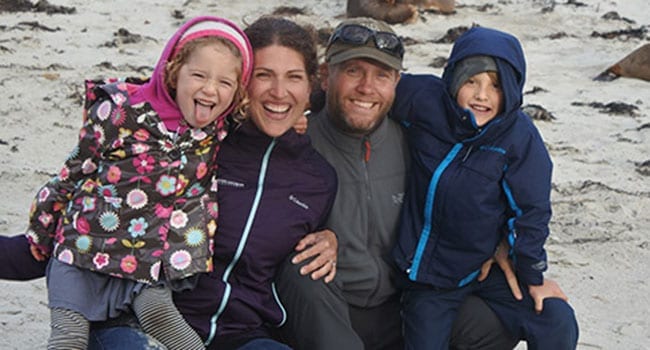 We’re still far from solving the problem of the pervasive pandemic that has overturned aspects of our lives in ways we never imagined.
We’re still far from solving the problem of the pervasive pandemic that has overturned aspects of our lives in ways we never imagined.
It has made a mockery of everything we thought we had some control over, from our mental stability to our monetary security.
After months of lockdown limitations, we’re no closer to the end of this stifling situation. Rather, we’re now being told that the ultimate solution, a vaccine, may not appear within a year to 18 months as was promised and, indeed, may not be found at all.
If the old normal of healthy citizens in a healthy economy isn’t likely to re-emerge any time soon, what do we do now to provide for our families and our businesses? Here are five ideas:
Don’t succumb to wishful thinking
Many businesses have been badly hurt by the lockdowns. Thousands have lost their jobs. Some well-meaning people are now demanding that economies be allowed to reopen.
However, a blanket ending to all restrictions might not restore the economy and could have dire health consequences.
Reopening by itself will do little if people’s concerns about the pandemic make them reluctant to shop or even go back to work.
A worst-case scenario is that people head out in droves to shop, work and party, leading to a massive second wave of infections and deaths.
Gather, examine and apply the data
We still don’t know how to treat or prevent COVID-19, so we must minimize its spread. There’s growing evidence about which activities are super spreader events (SSEs), where widespread disease transmission occurs. Just about all SSEs occur at:
- parties;
- face-to-face professional networking events;
- religious gatherings;
- sports events;
- meat processing facilities;
- ships at sea;
- singing groups;
- funerals.
Such activities should definitely be controlled.
Other activities like meeting in a park, passing on a sidewalk or even shopping in a store (as opposed to working in one) provide relatively little evidence of transmission. Paying attention to the evidence would mean that such activities need not be limited.
So let’s stop the silly things like fining someone for singing Happy Birthday outside a friend’s window.
Demand as much freedom as possible
This follows the item above closely. Within the constraints of hard and reliable data, give us as much freedom as possible. We’re a democratic society. We can choose our leaders. Give us the information and let us choose what we will or won’t do.
We have rules that tell us no one can be forced to take a job that they feel is unsafe. Can we allow a little more freedom for people to work where the risks are controlled?
And let’s avoid arbitrary standards.
Many people have suggested cutting the Gordian Knot between the panpidemic and the economy by locking up everyone over 65 and letting everyone else take their chances. But age by itself doesn’t determine who will or won’t survive COVID-19. A patient over 100-years-old recovered. Many well under 65 have died.
Pre-existing conditions are better predictors than age alone and mature adults should have the freedom to determine their own risk level. (Full disclosure – I’m over 65 and healthy!)
Be flexible
Massive, unforeseen changes have been thrust upon us. If there’s any agreement among those who are peering into the future, it’s that our pre-2020 world isn’t going to re-emerge. We know that how we work, socialize and travel will be different, even if we don’t have all the details of those differences.
It’s said that the only one who likes change is a wet baby, yet change we must or be left behind as the world moves on.
The graduating classes of 2020 are having these changes thrust upon them. Those going on to more education will be getting most or all of it online. And they will have to build their social lives with much less campus involvement.
Unless they’re in a specialized technical field, those seeking work will face a lack of traditional jobs. They’ll have to ask themselves the entrepreneurial question: what good or service can I provide that someone is willing and able to pay for?
Perhaps the post-digital generation could help pre-digital business people function in our new online economy.
Don’t give up hope
The old world isn’t coming back again but the current situation will get better even if it takes more time than we would like.
We all adapt and adjust to varying circumstances and can prosper with them. And it’s still possible that treatments and vaccines will be found and we will thrive as healthy citizens in a healthy economy.
Troy Media columnist Roslyn Kunin is a consulting economist and speaker.
The views, opinions and positions expressed by columnists and contributors are the author’s alone. They do not inherently or expressly reflect the views, opinions and/or positions of our publication.

